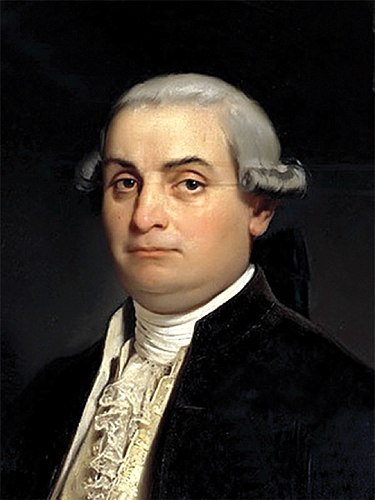1.
Crimes are more effectually prevented by the certainty than the severity of punishment
Cesare Beccaria
Crimes can be more effectively deterred through the assurance of sanctions rather than their harshness.
2.
It is better to prevent crimes than to punish them.
Cesare Beccaria
It is preferable to forestall offenses than to enforce retribution.
3.
The laws that forbid the carrying of arms...disarm only those who are
neither inclined nor determined to commit crimes. Can it be supposed that
those who have the courage to violate the most sacred laws of humanity...will
respect the less important and arbitrary ones... Such laws make things worse
for the assaulted and better for the assailants, they serve rather to
encourage than to prevent homicides, for an unarmed man may be attacked with
greater confidence than an armed man.
Cesare Beccaria
4.
For a punishment to be just it should consist of only such gradations of intensity as suffice to deter men from committing crimes.
Cesare Beccaria
For a penalty to be equitable it should include only those levels of severity that are sufficient to discourage individuals from perpetrating offenses.
5.
The punishment of death is the war of a nation against a citizen whose destruction it judges to be necessary or useful.
Cesare Beccaria
The infliction of capital punishment is the nation's conflict against a subject whose elimination it deems necessary or advantageous.
6.
Laws against the possession of weapons only disarm those who have no intention of committing a crime.
Cesare Beccaria
Regulations prohibiting the ownership of firearms only impede those who have no intention to break the law.
7.
False is the idea of utility that sacrifices a thousand real advantages for one imaginary or trifling inconvenience; that would take fire from men because it burns, and water because one may drown in it; that has no remedy for evils except destruction. The laws that forbid the carrying of arms are laws of such a nature. They disarm only those who are neither inclined nor determined to commit crimes.
Cesare Beccaria
8.
The fault no child ever loses is the one he was most punished for.
Cesare Beccaria
9.
Happy is the nation without a history.
Cesare Beccaria
10.
For every crime that comes before him, a judge is required to complete a perfect syllogism in which the major premise must be the general law; the minor, the action that conforms or does not conform to the law; and the conclusion, acquittal or punishment. If the judge were constrained, or if he desired to frame even a single additional syllogism, the door would thereby be opened to uncertainty.
Cesare Beccaria
11.
The laws that forbid the carrying of arms... serve rather to encourage than to prevent homicides, for an unarmed man may be attacked with greater confidence than an armed man.
Cesare Beccaria

